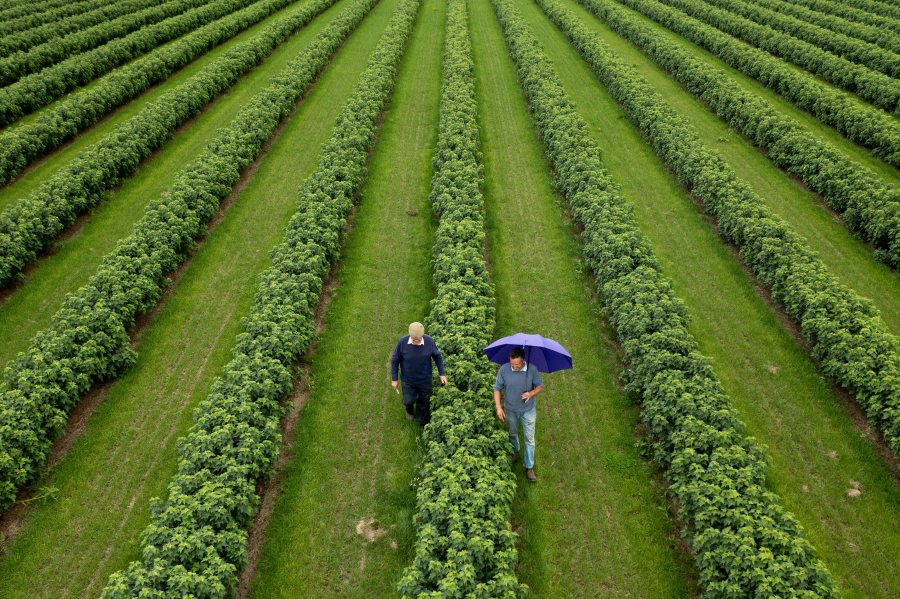
Despite the UK’s recent wet weather, this week marks the start of the annual Ribena blackcurrant harvest, with growers cropping nearly 10,000 tonnes of the fruit from fields.
The berries have been unaffected by unseasonal weather patterns in part to the pioneering work of Suntory Beverage & Food GB&I - the UK manufacturers of Ribena - who have developed new varieties of climate-resilient blackcurrants.
Producing 90% of Britain’s blackcurrant crop, the Gloucestershire based company has supported the development of new breeds of blackcurrants at the world’s leading plant research centre, the James Hutton Institute.
The 20 year partnership - funded by a £10m investment - has looked at the long term effects of climate change and resulted in the development of crops that are able to withstand uncertain weather conditions.
Harriet Prosser, agronomist at Suntory Beverage & Food GB&I said: “Farming can be a challenging occupation, and lack of climate certainty and extreme weather events are making it even harder.
"The Ribena blackcurrant breeding programme has produced some fantastic new varieties, which are allowing our growers to buck the trend and produce excellent quality fruit despite the weather.
"These new climate-resilient varieties will ensure our customers can enjoy our great tasting Ribena for many years to come.”
Nick Overy, a grower from Paddock Wood in Kent, who grows blackcurrants for Ribena, said the unpredictable weather experienced had made a tough year for farmers.
"Thankfully, the blackcurrant breeding programme helps to mitigate the worst impacts of the weather and ensures the future of our berries is more sustainable.
"Despite a late harvest, I’m confident that our yield will be as big as ever," he said.
